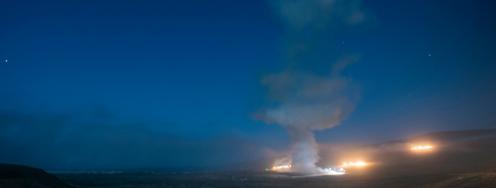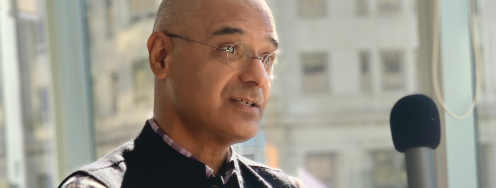Congress's Endless Push for Tougher Iran Sanctions
Senators Press Obama on Iran’s Central Bank - Jay Solomon in the Wall Street Journal
August 8, 2011
Today's top nuclear policy stories, with excerpts in bullet form.
Stories we're following today: Monday, August 8, 2011.
Senators Press Obama on Iran’s Central Bank - Jay Solomon in the Wall Street Journal [link]
- More than 90 U.S. senators signed a letter to President Barack Obama pressing him to sanction Iran's central bank, with some threatening legislation to force the move...
- The letter was co-sponsored by Sens. Mark Kirk (R., Ill.) and Charles Schumer (D., N.Y.) in a sign of the bipartisan support for tougher financial measures against Iran.
- U.S. officials have worried that unilateral Americans sanctions against Bank Markazi might not be respected by even some American allies. This could place Washington into the difficult position of either backing down or theoretically trying to ban important foreign companies and governments from using the U.S. financial system.
Hiroshima’s Lessons: What the Air Force Should Remember About Just War and Nuclear Weapons - Rev. Tyler Wigg-Stevenson in the Washington Post [link]
- ... the Air Force recently shelved a mandatory ethics training for nuclear missile officers following a report that the session employed Christian theology and Bible verses … ... the [Air Force presentation] claims that the Christian “Just War” tradition morally authorizes the use of nuclear weapons. This is categorically untrue.
- Unfortunately, the Air Force slideshow fatally amputates half of Just War by only mentioning the jus ad bellum criteria, … [and] entirely omits Just War’s jus in bello criteria - the standards governing how war is waged - chief among which is the absolute prohibition of intentionally harming noncombatants.
- As Admiral Leahy, President Truman’s military chief of staff, later wrote of the [Hiroshima] bombing: “In being the first to use it, we had adopted an ethical standard common to the barbarians of the Dark Ages.”
Japan PM in Hiroshima Vows Nuclear-Free Future - Toru Yamanaka in Agence France-Presse [link]
- Marking the 66th anniversary of the world's first atomic bombing at an annual event usually devoted to opposing nuclear weapons, Prime Minister Naoto Kan said the ongoing Fukushima crisis meant Japan must turn to other energy sources.
- "I will reduce Japan's reliance on nuclear power, aiming at creating a society that will not rely on atomic power generation," he added.
- Kan said a nuclear accident and an atomic bombing share something in common -- causing worries due to spreading radiation.
The Pentagon Budget Battle’s Ratcheting Rhetoric - Mark Thompson in Battleland [link]
- We are being forced to throttle back military spending by our own profound lack of money. We're going to end up doing the right thing, but for the wrong reason. We need to rationalize defense spending based on the threats the nation currently faces.
- The U.S. military is building fortifications around its current mission set, crafted in World War II's wake when the U.S. military was the horsepower behind Pax Americana. Those days, frankly, are on the wane, and the U.S. military's missions must be recalibrated to acknowledge the change.
- ... we are not facing an avalanche of threats that require us to spend more money now than we did during the Cold War. We are safer now than we have been in our lifetimes, yet the public discourse … continually asserts otherwise.
What Next: A Sunni Bomb? - Pervez Hoodbhoy in the Bulletin of the Atomic Scientists [link]
- Pakistan, a Sunni-majority country, secretly helped Shia-dominated Iran with its nuclear weapon program until the 1990s, but even then, some Pakistani elites spoke against such support.
- Shia Iran and Sunni-led Saudi Arabia have become bitter rivals for pre-eminence in the Middle East as Iran has pursued the nuclear option.
- If Iran gets a nuclear bomb, Saudi Arabia will likely try to follow, turning to Pakistan, its longtime Sunni ally, for technological help.



